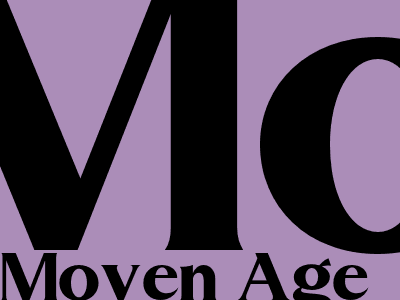The Middle Ages: A Period of Darkness and Decline?
A Closer Look at the Middle Ages
The Middle Ages, a period spanning from the 5th to the 15th century, is often portrayed as a time of darkness and decline. However, a closer examination reveals a more nuanced era characterized by both progress and setbacks.
The Fall of the Roman Empire and the Rise of Feudalism
The fall of the Roman Empire in the 5th century marked a turning point in European history. The ensuing political fragmentation led to the rise of feudalism, a system of decentralized governance where power was held by local lords.
Feudalism brought stability to a chaotic period but also created a rigid social hierarchy that hindered upward mobility.
The Rise of Christianity and the Church
The spread of Christianity during the Middle Ages had a profound impact on European society. The Church became a major power, providing spiritual guidance, education, and social welfare.
However, the Church's authority also led to intolerance and persecution of those who deviated from its teachings.
Economic and Technological Advancements
Despite the challenges posed by feudalism, the Middle Ages witnessed significant economic and technological advancements.
The development of trade routes and the invention of new agricultural techniques led to increased productivity and population growth.
The Crusades and the Expansion of Knowledge
The Crusades, a series of military campaigns launched by Christian powers to regain control of the Holy Land, had a lasting impact on European history.
While the Crusades failed to achieve their primary objective, they facilitated cultural exchange and the transmission of knowledge from the East to the West.
The Black Death and the Decline of Feudalism
The Black Death, a devastating pandemic that struck Europe in the 14th century, decimated the population. The resulting labor shortages weakened the feudal system, leading to its gradual decline.
The Black Death also had a profound psychological impact, leading to a rise in religious fervor and a preoccupation with death.
The Renaissance and the Birth of a New Era
The Renaissance, a period of cultural and intellectual revival that began in Italy in the 14th century, marked the end of the Middle Ages and the beginning of a new era.
The Renaissance emphasized humanism, rationalism, and the rediscovery of classical learning, laying the foundation for the scientific revolution and the Enlightenment.
Conclusion
The Middle Ages was a complex and multifaceted period in European history, characterized by both progress and setbacks. While it is true that the fall of the Roman Empire and the rise of feudalism led to significant social and political upheaval, the period also witnessed important advancements in religion, economics, and technology.
The Middle Ages laid the foundation for the Renaissance and the modern world, and its legacy continues to shape our understanding of history and culture.

Comments